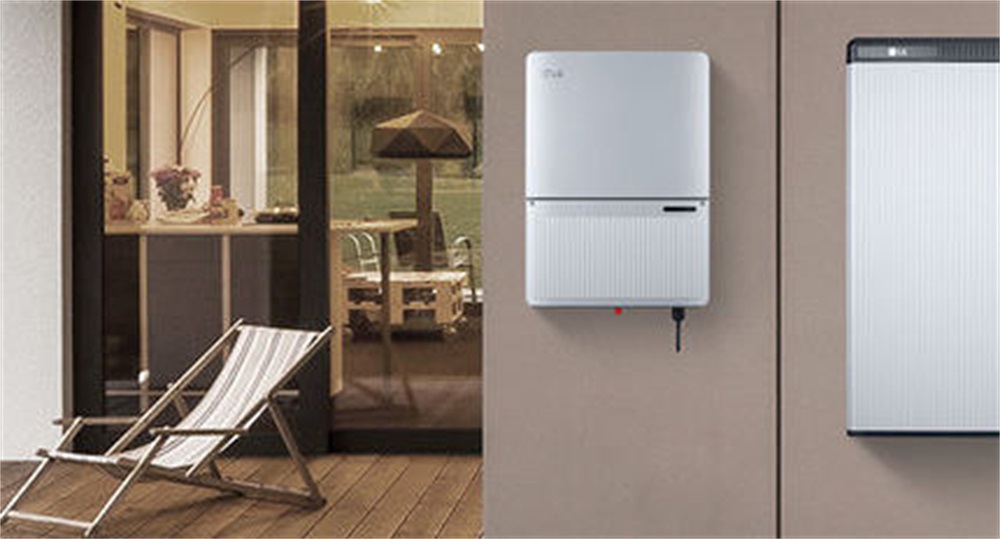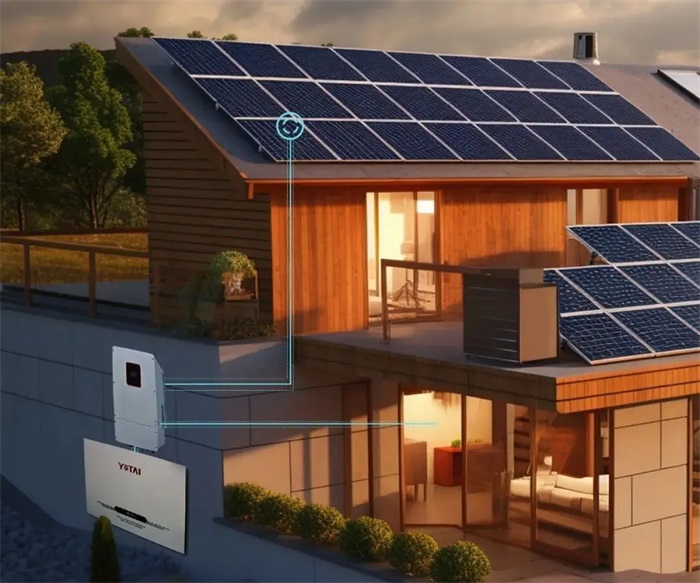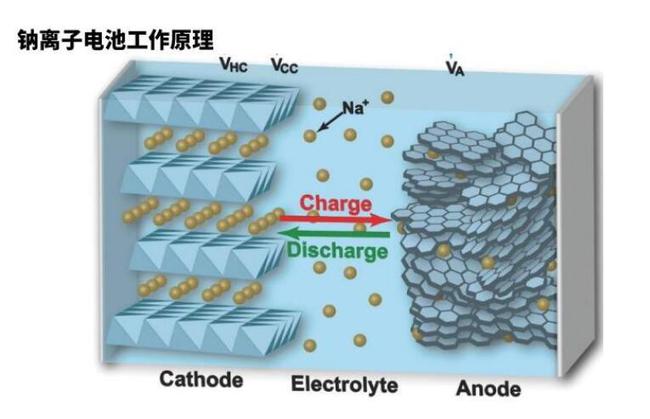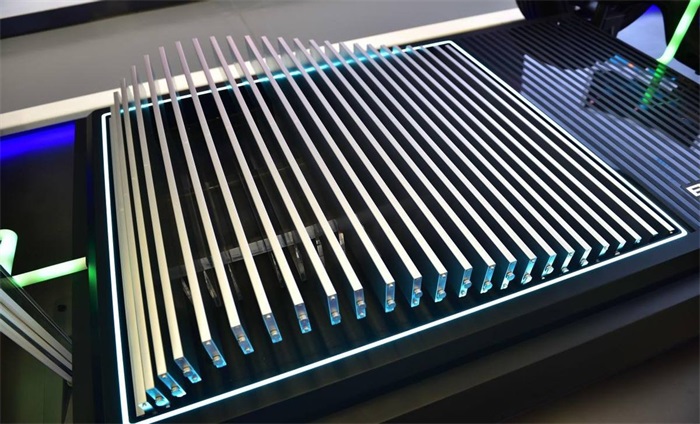What are the Benefits of Home Energy Storage Devices?

The benefits of household energy storage equipment mainly include reducing carbon emissions, saving electricity costs, alleviating regional peak electricity demand, improving the stability and reliability of the power grid, responding to power grid emergencies, improving the autonomy and flexibility of household electricity consumption, reducing the burden of the power grid, energy saving and emission reduction, improving the quality of electricity consumption, and using as an emergency power supply.
A home energy storage device, also known as an electric energy storage product or battery energy storage system (BESS), is a technology that stores electrical energy for later use. These devices typically consist of rechargeable batteries (such as lithium-ion or lead-acid batteries) and inverters that work together to ensure stability and continuity of the power supply. With the continuous development and popularization of energy storage technology, more and more families have begun to use home energy storage equipment to achieve distributed power generation, which not only helps ease the power grid transmission pressure but also reduces the use of fossil fuels, providing an effective decentralized scheme for achieving carbon neutral or zero neutral goals.
The benefits of home energy storage systems include:
1. Reduce carbon emissions: Reduce carbon emissions by reducing the demand on the utility grid and reducing the use of fossil fuels.
2. Save electricity costs: can use the time-of-use price, store electricity when the price is low, discharge electricity when the price is high, and save electricity costs.
3. Alleviating regional peak electricity demand: During the peak of electricity consumption, it can effectively alleviate the pressure on the power grid and improve the stability of the power system.
4. Improve the stability and reliability of the power grid: it can smooth the power grid load, reduce the power grid pressure, and improve the stability and reliability of the power grid.
5. Respond to power grid emergencies: such as power outages, failures, accidents, etc., to ensure uninterrupted household electricity, to avoid data loss, equipment damage, inconvenience, and so on.
6. Improve the autonomy and flexibility of household electricity consumption: adjust the electricity consumption mode and power consumption at any time according to their own needs and preferences.
7. Reduce the burden on the power grid: especially in the peak period of electricity consumption, it can effectively alleviate the pressure on the power grid.
8. Energy saving and emission reduction: Excess electrical energy is stored and released when needed, thereby reducing energy waste and emissions.
9. Improve power quality: Provide stable power output, and reduce voltage fluctuations and power outages.
10. Emergency power supply: In emergencies, it can be used as an emergency power supply to ensure household electricity demand.

In addition, home energy storage systems can also promote the consumption and utilization of renewable energy, improve the stability and flexibility of the power system, promote the development and improvement of the power market, and promote carbon emission reduction and environmental protection.

